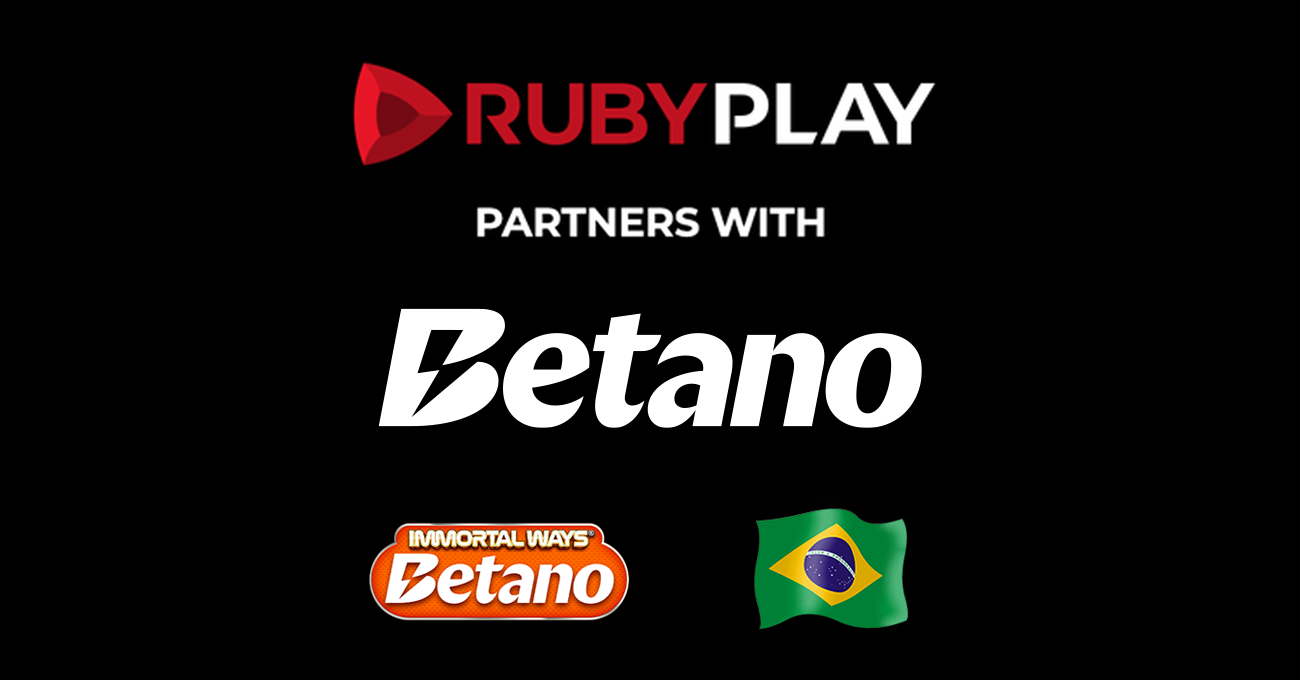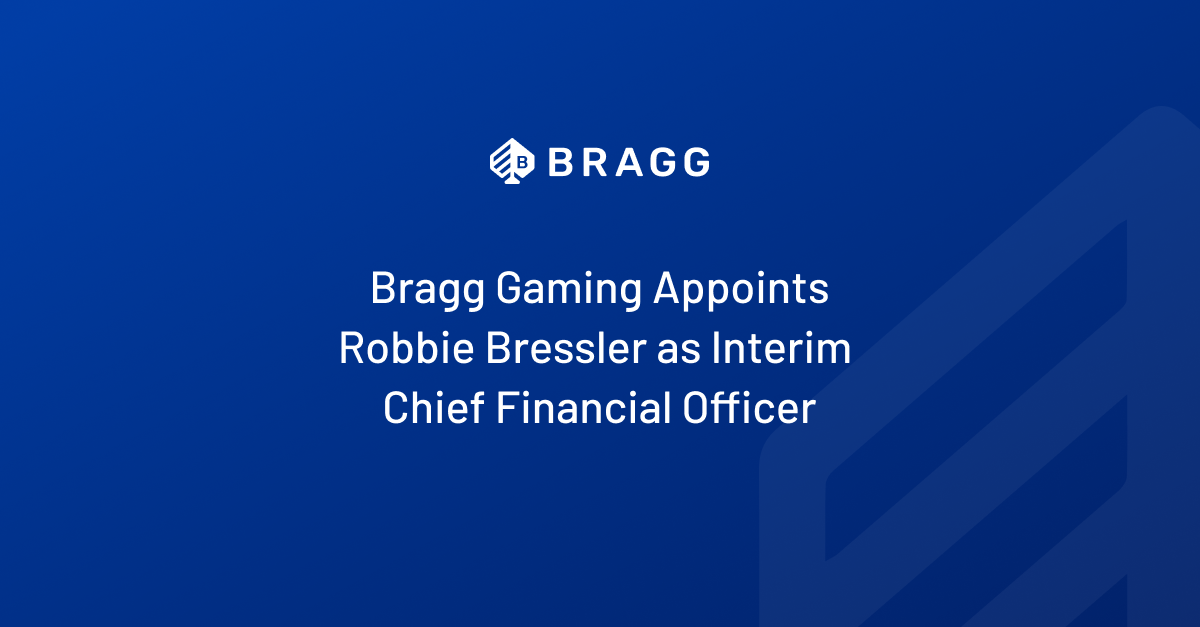
GameCode emerges as top contender in new slots after Michigan and New Jersey launch
GameCode, a pioneering iGaming provider, is proud to announce the debut of its immersive slots portfolio in Michigan and New Jersey exclusively launched with BetMGM, a leading sports betting and iGaming operator.
Smash hits from GameCode’s revolutionary studio include Boom Boom Boom™, HammerCash™, Gold Gold Gold™ and the Super3™ series. GameCode has quickly forged a dominant position as the #1 emerging slot supplier in Eilers and Krejcik’s top performance report.
Building on this momentum and increasing month-on-month metrics, plans are underway for GameCode to launch in Connecticut, Ontario, and Pennsylvania.
Matt Hanski – GameCode CEO, commented: “Our strategy is focused on creating great games, and it clearly pays off when looking at the E&K performance data. We’re seeing very strong traction with our hand-picked portfolio of games no matter which metric you used for comparison. More games will launch this year as we deliver on our expansive roadmap and consolidate our position in North America, the most competitive content market globally. We are happy that our deep understanding of the market is paying dividends and we are excited to launch more games that will grab the attention like Boom Boom Boom™.”
Wojciech Ziniewicz – GameCode CTO, added: “I’m proud that our technology driving our game creation process is working excellently. In the North American market, our state-of-the-art Remote Gaming Server (RGS) allows our games to take centre stage. Having very innovative games must be complemented with rock-solid technology.”










